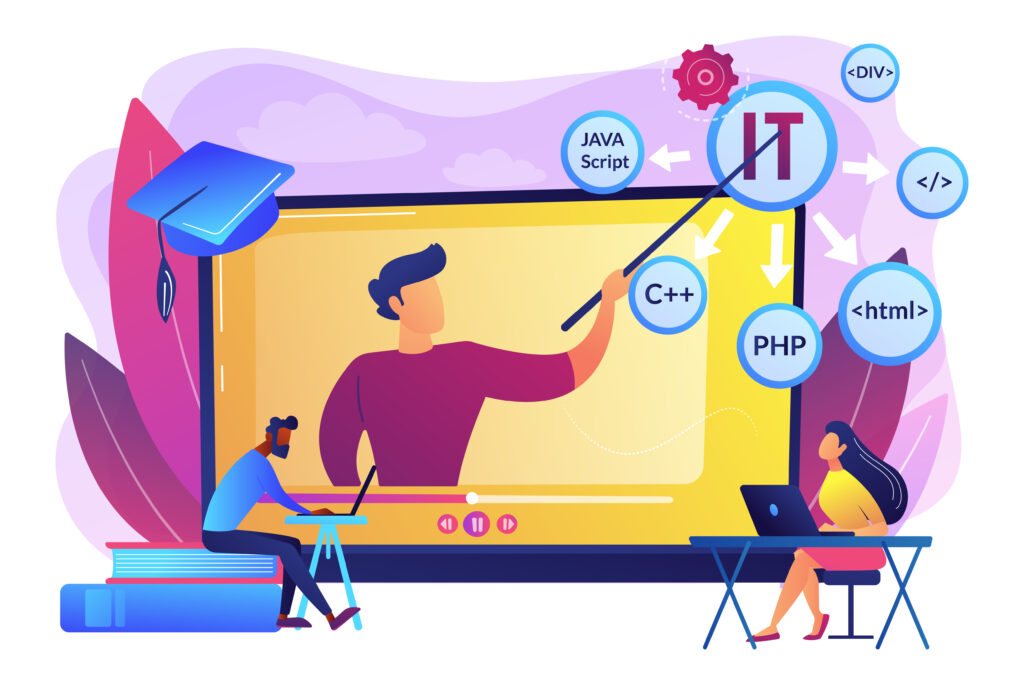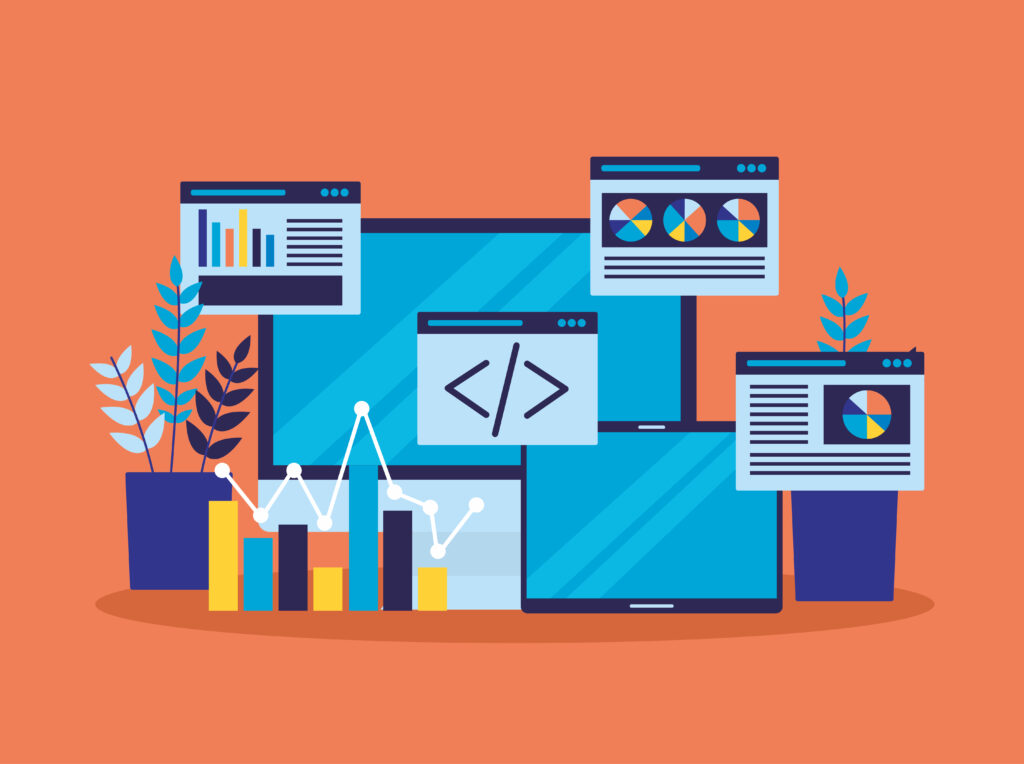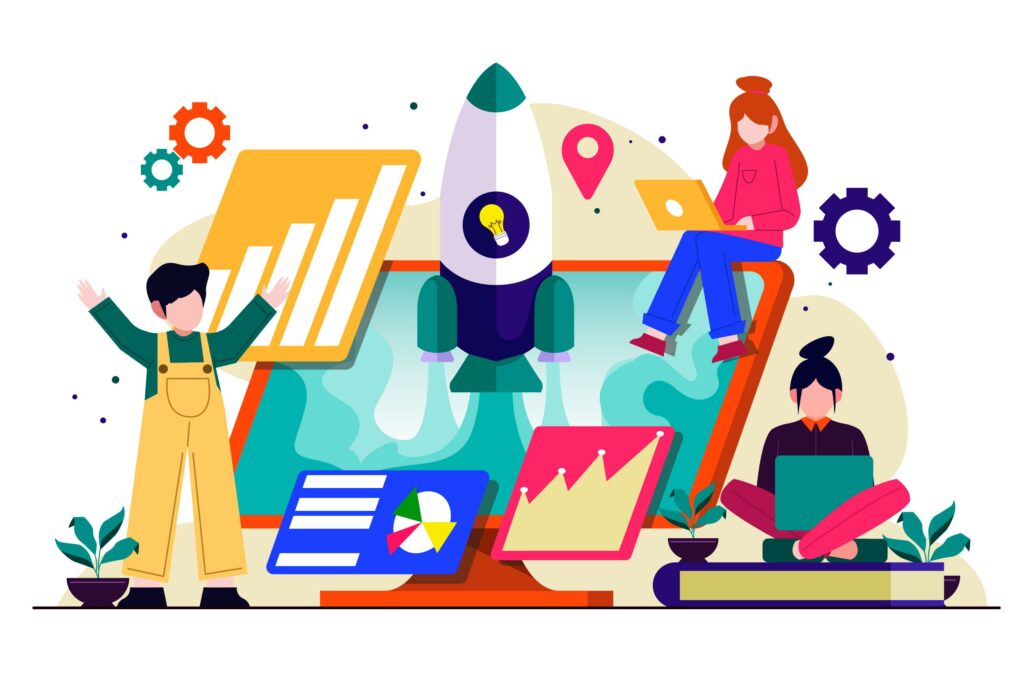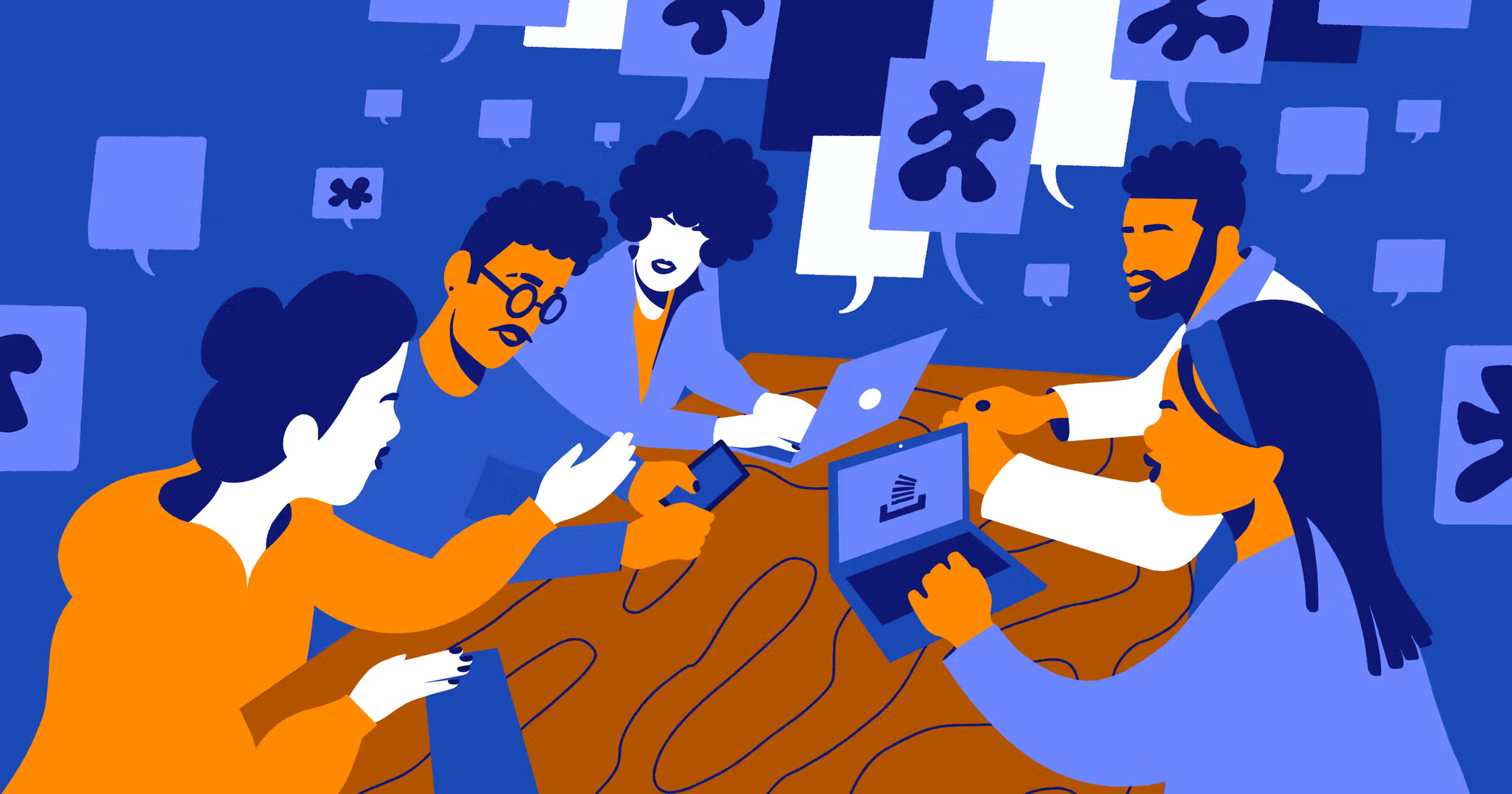In today’s world there is an increased interest in learning how to code. Many people are opting for specialized degrees in coding or are self-learning it. It is the most sought-out skill today and promises great career paths and opportunities. Before we move on, you would want to know what coding is exactly. Coding is the process of using programming languages to give instructions to the computer. The computer then runs these instructions to perform certain tasks. From making software to games to applications to websites and running them, coding does it all.
There are several programming languages, like Python, Java, and C++, that help programmers write and run their codes. Coding offers a very promising career path, and it is being used in all the industries, from healthcare to power, finance, tech, manufacturing and robotics, e-commerce, media and entertainment, automotive, and education. Let’s learn more about coding in this article.
Table of Contents
Why Learn Coding?
Before we get into the important tips for beginners at coding. It is important for you to consider why you want to code? What is the driving force behind your motive to learn coding? What is your desired result from it? What is your desired role? These questions will help you figure out the programming language that will suit your ambitions the most as well as figure out the skills that you will require for your specific career. Understanding this will help you take the right direction, set goals properly, and set milestones to gauge your learning.
Industries/Roles
If you are looking to learn how to code for entering a certain profession/industry, make sure you are well aware of the coding requirements for that particular role. For example, if you are looking for a career in the gaming industry while learning coding, you need to make sure you get command over gaming models and create games as practice.
Areas of Interest
A programmer’s job is technical and creative. You need to have a command over programming language and be creative about your code. In order to make the best use of your programming skills, you need to figure out the industry that you are most interested in so your work keeps you motivated and creative.
Paybacks
If you are learning coding so that you can get paid well, make sure you shortlist industries and coding skills that are the highest paid, easy to get into, and have good paybacks. Knowing this will help you specify your direction further and will save your time and resources.
The Tips!
Here are some extra tips:
Choose The Right Programming Language
There are a number of programming languages, and choosing the right one is important for your desired role. The most popular and widely used programming languages are Python, Java, and C++.
Python is best for beginners; it is a high-level and versatile programming language, yet it has user-friendly syntax. Python is widely used across various fields such as web development, data science, machine learning, automation, and artificial intelligence. Python is not just the top pick for beginners but also a top pick for professionals; this makes it one of the most resourceful programming languages, as it has a huge community and a library of codes that you can use.
Java is a powerful, object-oriented programming language designed to be platform-independent, meaning code written in Java can run on any device with a Java Virtual Machine. Its stability, portability, and strong performance makes it the choice of many industries like banking, software development, etc.
C++ is best for programming high-performance applications, game development, and system development. It is fast and powerful.

Take Online Courses
Learning how to code can be easily done through online courses. There are several free-to-paid online course options that you can opt for while sitting at your home. Enrolling in a couple of courses that teach how to code can aid your learning, as they teach basic fundamentals of coding to more complex algorithms.
Most of the online courses are structured in a way that requires you to practice side by side in order to progress in the course. These courses include practical learning examples from programmers built specially to educate beginners.
Use beginner friendly resources
Just like learning any other language, learning programming can look hard, with all the jargon and basics that you are unaware of. This is where you need to use beginner-friendly resources like ebooks, books on programming, codes by programmers, and any resource that might help you gain understanding of the language.
You are also highly encouraged to look at video tutorials and try to follow along with them; this can be a huge help for you to get command over programming. YouTube offers multiple videos on programming, where programmers teach basics to very specific coding. You can make great use of it.

Get comfortable with Fundamentals
Before jumping into advanced projects or frameworks, it’s crucial to develop a solid understanding of core programming concepts. These basics form the backbone of all coding languages and will help you think like a programmer, no matter what language you choose.
Make sure you understand variables and data types, control flow, functions, lists, arrays and dictionaries, object-oriented programming (OOP) basics, and error handling. Knowing the fundamentals well will aid your ability to learn other languages later. It will also help you debug more effectively, and lastly, you will be able to work on real-world projects.
Practice by building codes
Coding is nothing without ample practice. If you do not use all that you have learned from online courses, books, and videos to make your own codes, you will not be able to code for a real-world project. You can start off with writing code for very basic things like a calculator to designing games like rock paper scissors. Gradually increasing the difficulty of the projects will help you gain more and more experience and get better at coding. Like any other field, the professionals also keep on practicing and working on projects to gain more expertise and command.
Practicing and working on your own projects will not go in vain. They will teach you the programming language, give you more confidence, and, most importantly, you can also showcase your work in your resume and portfolio. So it helps you build your portfolio for applications for roles once you are ready to start as a programmer.
Join A Community Or Find A Mentor
Joining a community of programmers or having a mentor can be a great guide for you as a beginner to start and learn programming. You can not just have a look at the codes they have designed for minor to major projects, but you can also share your problems and difficulties with them and get meaningful insights on how you can fix them in your code.
Being a part of a community that has similar goals as yourself keeps you motivated. So self-learning can become easier. These people provide guidance and networking opportunities that you can also use for the future.

Be Consistent And Patient
Learning to code can be challenging at times, but the key to success is consistent practice and patience. Programming, like any other skill, takes time and effort to master. If you manage your time well, lay down your goals, and track your progress, you can self-learn coding and use it for securing a programmer’s career. Starting your coding journey can be both exciting and overwhelming, but by following the essential tips outlined in this article, you’re setting yourself up for success.
Happy coding, and best of luck on your programming adventure!
For more similar blogs, visit EvolveDash today!
FAQs
- What is the best programming language for beginners?
Python is widely recommended for its simplicity and readability. It’s great for general-purpose programming, data science, and web development. - Do I need a computer science degree to learn coding?
No. Many successful programmers are self-taught or attended coding bootcamps. Free and paid online resources are widely available for beginners.
- How long does it take to learn coding?
It depends on your goals and how much time you dedicate. Basic proficiency can take a few months of consistent practice. Mastery takes years, like any skill.
- Can kids learn to code too?
Yes! Platforms like Scratch, Tynker, and Code.org are designed for younger learners using visual programming.
- How do I stay motivated while learning to code?
Set small goals, celebrate progress, build real projects, and join communities where you can ask questions and get support.
- Should I learn coding on my own or join a course/bootcamp?
It depends on your learning style. Self-study is flexible and free, while bootcamps offer structure, mentorship, and faster job-readiness but can be costly.


















